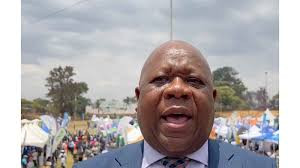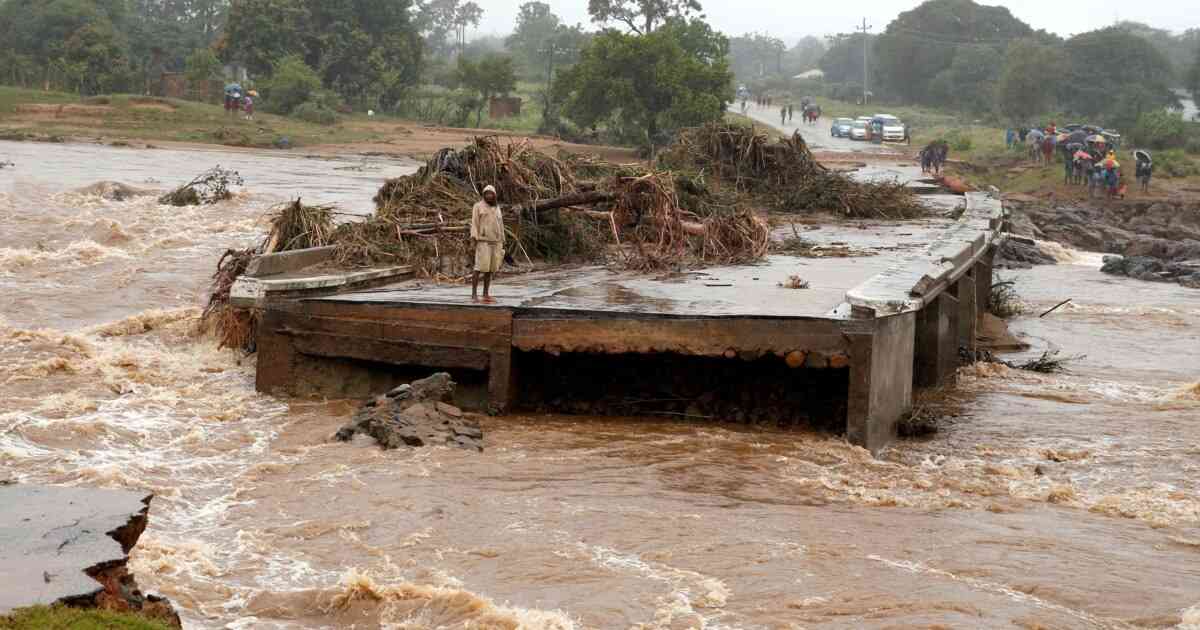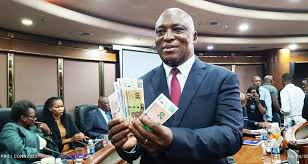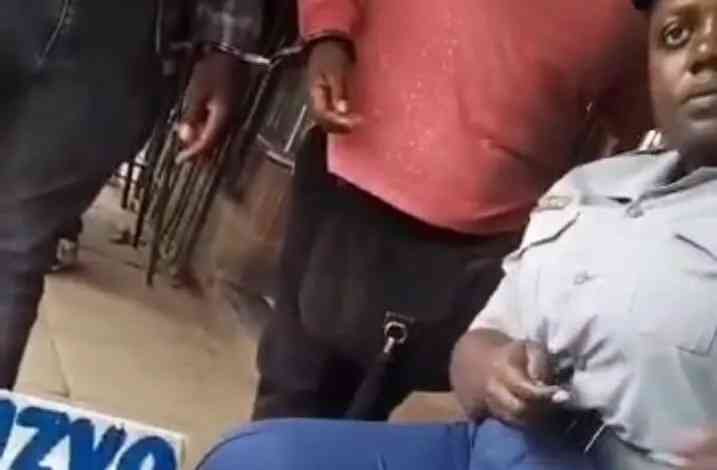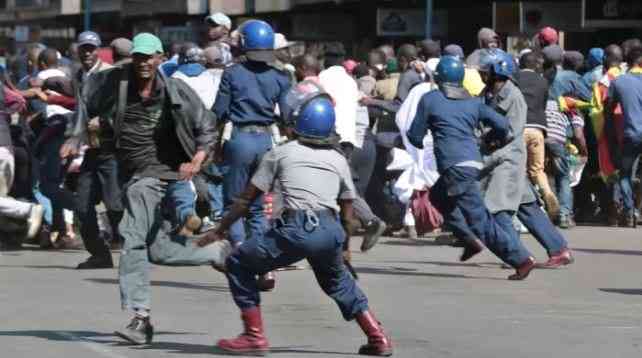
IN January 2019, Zimbabwe witnessed one of the most significant actions against the new(ish) administration of President Emmerson Mnangagwa.
Just 14 months after army chiefs kicked out long-serving ruler, the now late Robert Mugabe from power, with Mnangagwa replacing him, Zimbabwe was still in the throes of its worst economic crisis in a decade.
Zimbabweans were fed up by Mnangagwa’s failure to live up to pre-election pledges to fight rampant corruption and kick-start economic growth.
Still recovering from the hyperinflation era of 2008, they were again seeing their purchasing power eroded by high inflation.
The government raised fuel prices by 150% in the hope of easing a crippling foreign currency shortage.
Zimbabweans rioted across the country and protesters barricaded roads, burnt tyres and chanted anti-Mnangagwa songs.
The government’s response was brutal.
It sent in the army which, in a show of force, shot and killed 17 civilians according to human rights groups while over 1 000 people were treated for gunshot wounds.
- Is military's involvement in politics compatible with democracy?
- Feature: Is Auxillia following in 'Gucci' Grace's path?
- Mnangagwa govt harasses opposition with arrests, jail
- Displaced white farmers suffer major setback
Keep Reading
Less than six months earlier, the army had also killed six civilians in a bid to quell the violence that followed the July 31 elections in 2018.
For Zimbabweans, hard lessons were learnt: for all the talk of a clean break from the 37 years of Mugabe’s brutality, the new dispensation was not prepared to allow any dissent.
Any dissention, it seems, would be met with force with no regard to human rights.
Democracy, it seems, was a word the administration could use on international fora and as an excuse for token elections, but not to be practiced for real under its watch.
Otherwise, this year would not have been good for Zimbabwe’s political leaders.
Firstly, a keenly followed investigative documentary by Al Jazeera placed Zimbabwe at the centre of gold smuggling and money laundering activities by syndicates operating in southern Africa.
The documentary placed Mnangagwa, his family and close associates at the centre of the web.
The documentary showed alarmed Zimbabweans how cartels, or the Gold Mafia, were looting national resources at a faster rate than previously thought while compromising national institutions meant to safeguard the very minerals they were plundering.
No riots took place and, thanks to the weaponisation of the law against a few carefully chosen loudmouths, no one was brave enough to call for any.
All the dumbfounded Information minister Monica Mutsvangwa could promise was a half-hearted promise to “investigate everyone implicated”.
The dust has yet to settle on the Gold Mafia saga and this week, Zimbabweans are confronted by new information: a trove of leaked internal documents laying bare the close ties between controversial South African businessman Zunaid Moti and Zimbabwe’s highest-ranking politicians.
The documents bring to light evidence of dubious multimillion-dollar transactions, a sustained effort to accumulate political influence by Moti, the owner of the Moti Group — a conglomerate with mining interests in the country.
Moti is the largest shareholder in African Chrome Fields (ACF), which controls swathes of claims in the mineral-rich Midlands province where it launched an aluminothermic plant in Kwekwe to produce up to 12 000 tonnes of low sulphur, high-grade ferrochrome annually without using electricity in July 2018.
The group is in the middle of negotiating a venture based on its lithium concession in Zimbabwe with an unnamed Chinese company, which could lead to setting up of a battery factory at a cost of more than US$1 billion.
Like the Gold Mafia documentary before it, the documents released by The Sentry, show apparent attempts at State capture by a controversial businessman.
Do not bet on anyone raising a finger to protest.
The rulers of Zimbabwe, it seems, have succeeded in creating a state in which fear rules and words like accountability and democracy are exactly that: words in a dictionary with no effect whatsoever. The opposition, and the protest spirit it seems, have been neutered for real.

